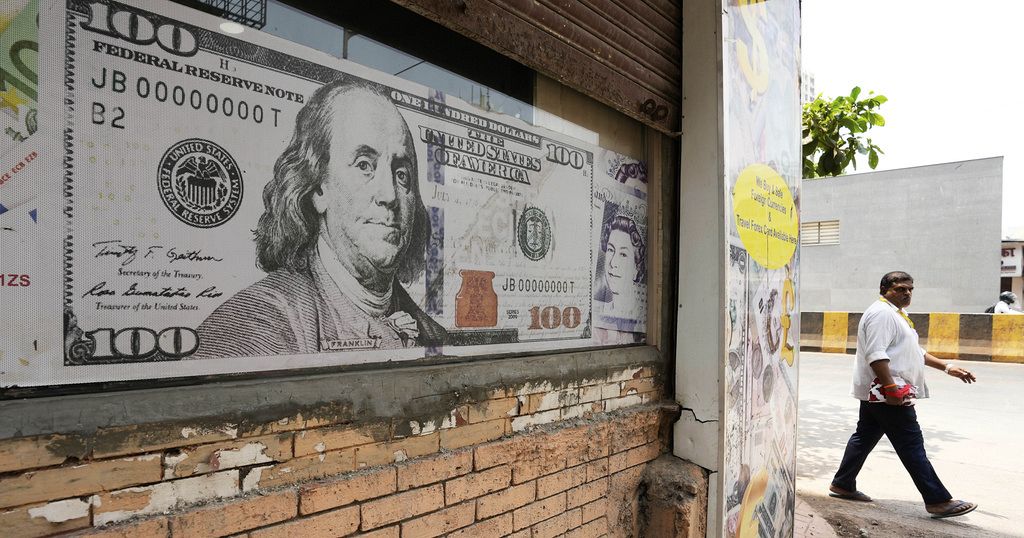Africa
Instability hits global markets as Trump tariffs kick in

Asian and European shares slid on Wednesday after U.S. President Donald Trump’s latest tariff hikes took effect and he threatened to add still more.
Uncertainty is running high about what Trump will do next in his trade war. In a speech Tuesday night he said plans tariffs on pharmaceuticals so that more medications would be made in the U.S.
Trump’s latest tariffs include a massive 104% levy on U.S. imports of Chinese products. However, Chinese markets reversed early losses and gained ground on Wednesday.
Driving the gains were massive share buybacks by big state-run investment funds and other state companies that often are instructed to support the market in times of crisis. Investors also are expecting the government to step up spending and other measures to help counter the impact of the tariffs, which will hit small manufacturers and traders that create the most jobs the hardest.
A slew of losses in Asia
Beijing issued a policy paper reiterating China’s right to protect its businesses with unspecified countermeasures, while it emphasized it preferred to resolve trade issues through dialogue.
The paper also argued that taking into account trade in services and U.S. companies’ operations in China, economic exchange between the two countries is “roughly in balance.”
Hong Kong’s Hang Seng rose 0.7%, while the Shanghai Composite index closed 1.3% higher.
Taiwan led the losses in Asia, as its Taiex plunged 5.8%. Big tech industries were among the biggest decliners.
South Korea’s Kospi lost 1.7% to 2,293.70, and the government said it would provide help for its beleaguered automakers.
Slim hopes
In early European trading, Germany’s DAX lost 2.4% to 19,796.83. In Paris, the CAC 40 declined 2.4% to 6,930.62. Britain’s FTSE 100 gave up 2.2% to 7,735.72.
Analysts say the markets will have more swings up and down given uncertainty over how long Trump will keep the stiff tariffs on imports, which will raise prices for U.S. shoppers and slow the economy. If they persist, economists and investors expect them to cause a recession. If Trump lowers them through negotiations relatively quickly, the worst-case scenario might be avoided.
Trump’s trade war is an attack on the globalization that’s shaped the world’s economy and helped bring down prices for products on store shelves but also caused manufacturing jobs to leave for other countries. Trump has said he wants to narrow trade deficits, which measure how much more the United States imports from other countries than it sends to them as exports.
